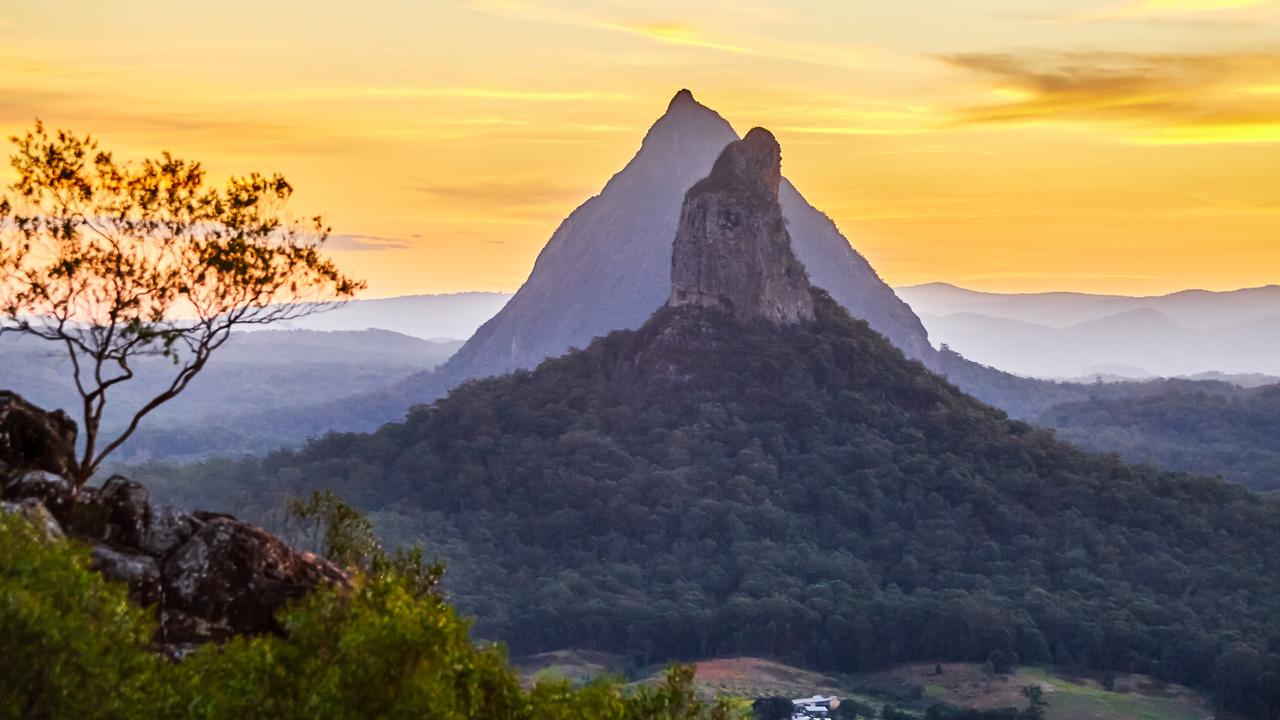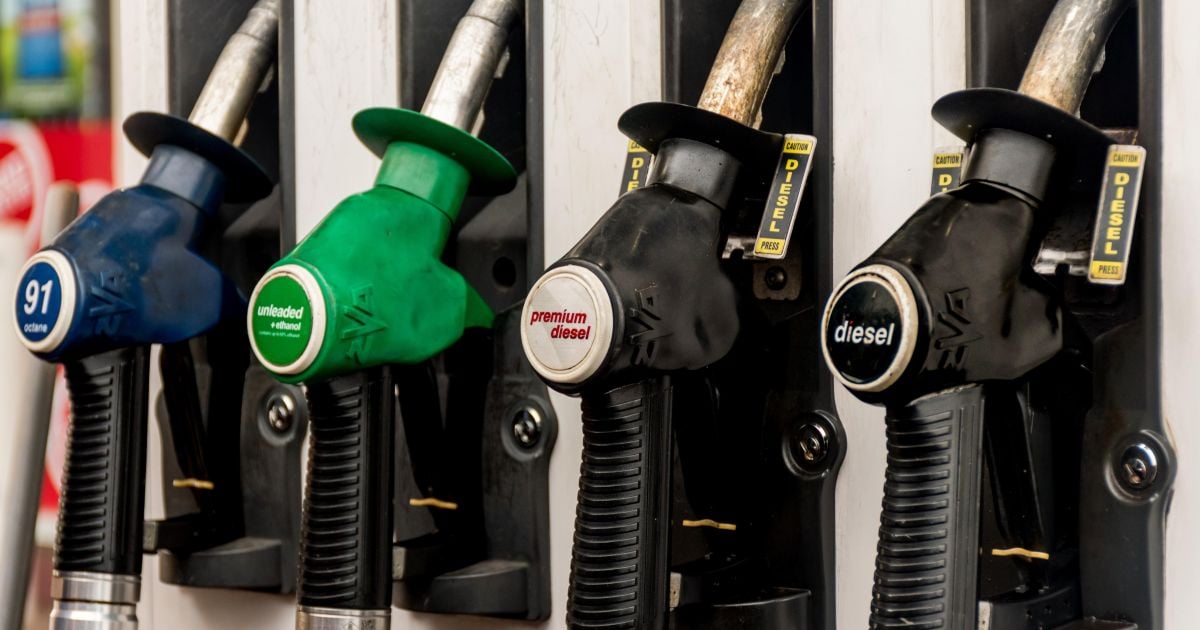Aussies ‘locked out’ of national parks to protect cultural heritage

- by Admin
- April 20, 2024

A growing number of Australia’s most beautiful natural environments are being closed off to the public for opaque cultural heritage reasons, with one commentator labelling it a “crazy” trend that’s creating “bad vibes” between Indigenous and non-Indigenous communities.
In NSW, the four-year closure of Mount Warning in the Northern Rivers region’s Wollumbin National Park has been a long-simmering controversy.
The breathtaking mountain, which once attracted more than 100,000 people a year, was initially closed to the public amid Covid restrictions in 2020 and in 2021, the local Aboriginal owners requested the track be closed permanently.
The Wollumbin Aboriginal Place Management plan stated that the mountain was considered a “men’s site” and that the “sanctity” of Wollumbin Aboriginal Place “may also manifest physically”, making people sick or putting women in “physical danger”.
“For example, if women access areas that are restricted to men, women are in physical danger and likewise for men,” the plan stated.
The closure sparked protests as some people defied the ban to climb the peak. It was revealed earlier this year that the private security guards had been hired to the tune of $7000 per week to keep people away from the mountain.
NSW parliament is now preparing to debate whether Mount Warning should be reopened after a petition, sponsored by Libertarian MP John Ruddick, gained more than 10,000 signatures.
“The petitioners of New South Wales state that Mt Warning, which has been walked by visitors young and old for generations, has been closed to all but select Indigenous males by the National Parks and Wildlife Service, in violation of liberal democratic principles,” the petition said.
“The petitioners request that the House call upon the Minister for the Environment to reopen Mt Warning’s summit track so it can be enjoyed by all, regardless of race or gender.”
Mr Ruddick told 2GB’s Ben Fordham earlier this week that it was about time the issue was properly debated.
“Mount Warning is one of the biggest reasons people come to NSW,” he said.
“Mount Warning is the most beautiful national park NSW has. Mount Warning is a warning to all of our other national parks. We’ve got to draw a line in the sand here.”
NSW Environment and Heritage Minister Penny Sharpe has indicated she no plans to reopen the mountain, however.
Speaking on his Friday program, Fordham said “if you think this is an isolated case, think again”, as he outlined several similar examples.
In 2019, climbing was banned on Uluru, ending a decades-old tradition for visitors to the Red Centre, in recognition of the rock’s cultural significance to the Anangu people.
Fordham argued that the while “most Australians accepted it” at the time, “it was just the thin edge of the wedge”.
“Then it was the Grampians in Victoria, many iconic rock climbing routes were closed to the public in 2020,” he said.
“The shutdown was allegedly to protect rock art, including some art that is invisible to the naked eye — let that sink in. Then they came after the Glass House Mountains in Queensland. Restrictions have been proposed on three summits in that area, including Mount Beerwah.”
And in South Australia’s Flinders Rangers, St Mary Peak, the highest point which “people have been climbing for decades” was also now closed.
“Now there are signs requesting visitors stay away from the summit,” Fordham said.
“But wait, there’s more. In Alice Springs, Mount Gillen has been shut, walking tracks have been closed. Are you starting to see what’s happening here? Australians are being locked out of more parts of their own country, and in many cases Indigenous people can’t agree on the reasons why.”
He added: “Make no mistake, we are damaging tourism with this, we’re punishing people who’ve done nothing wrong, and we’re essentially creating bad vibes between Indigenous communities and other communities. I reckon future generations will think we’re crazy.”
Last year, a section of rock at Mount Beerwah, considered a sacred Indigenous site to the Jinibara people, was defaced with a message reading “Jesus saves just ask him”.
Jinibara elder Kenny Murphy told The Guardian at the time that he believed the vandalism was “clearly payback” for efforts by traditional owners to stop people climbing the mountain.
“The mountain is very important, it’s like our St John’s Cathedral, it’s a special mountain to us,” he said.
“Why can’t we have that respected? It’s just bulls**t what they’ve done, this is a birthing site, it has a special meaning to us, but Jesus is clearly the only spiritual thing this person understands.”
He added, “They want to show that there isn’t anything significant to the mountain, they would’ve cried if it was their cathedral. They can’t just leave us alone, they’ve killed our way of life, killed all the animals, poisoned our waters, and now this. It’s a big insult to us.”
The Latest News
-
November 24, 2024‘Next generational batting talent’: Starc sledge, Marnus tease that proved India has a new superstar
-
November 24, 2024Lee sees upside despite ‘freak’ injury in PGA defence
-
November 24, 2024‘Drama’ haunts Smith on final day as young gun wins title
-
November 24, 2024Elvis Smylie produces clutch putts on the back nine to win Australian PGA Championship
-
November 24, 2024Michael Vaughan suggests Australia’s batting struggles a sign of players who are ‘a little bit too comfortable’





